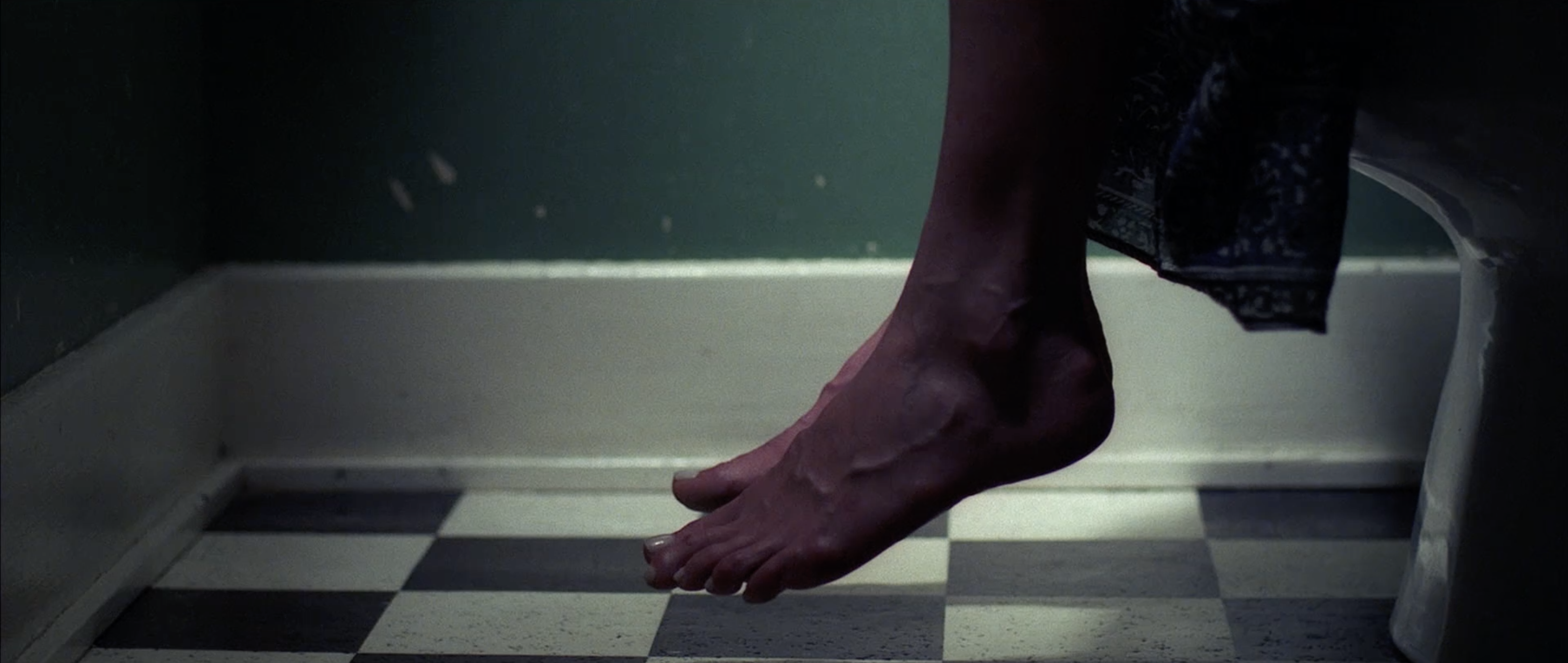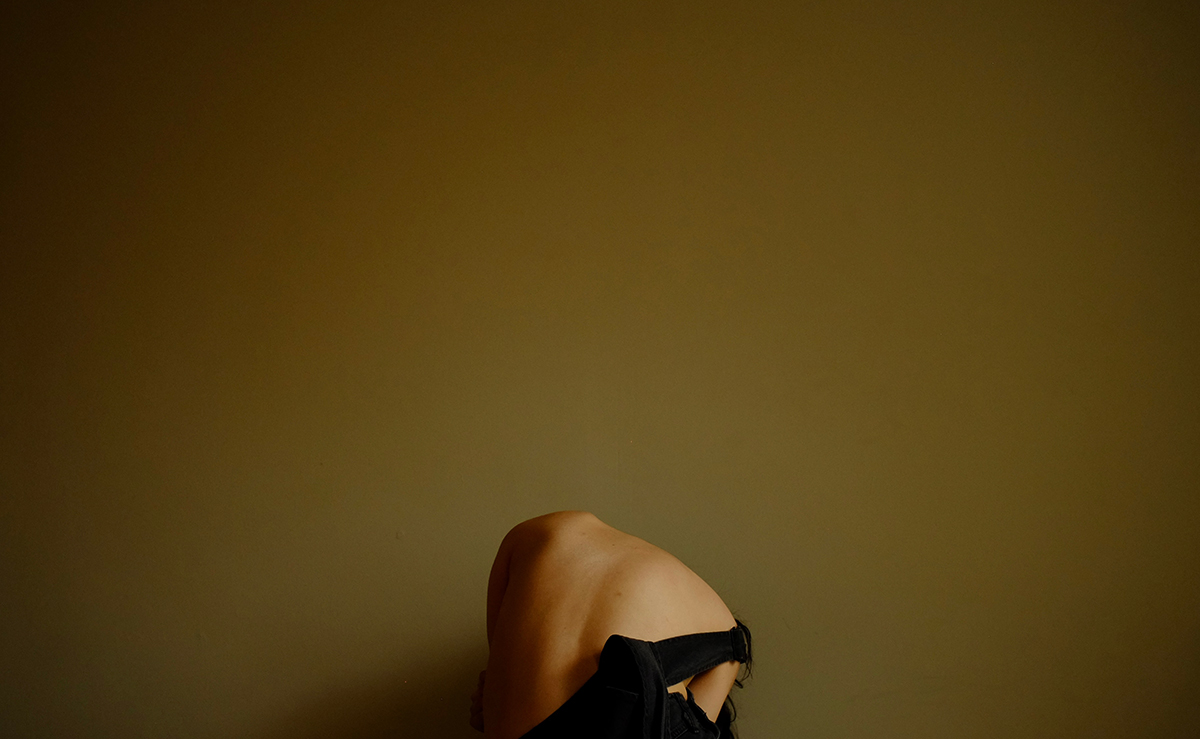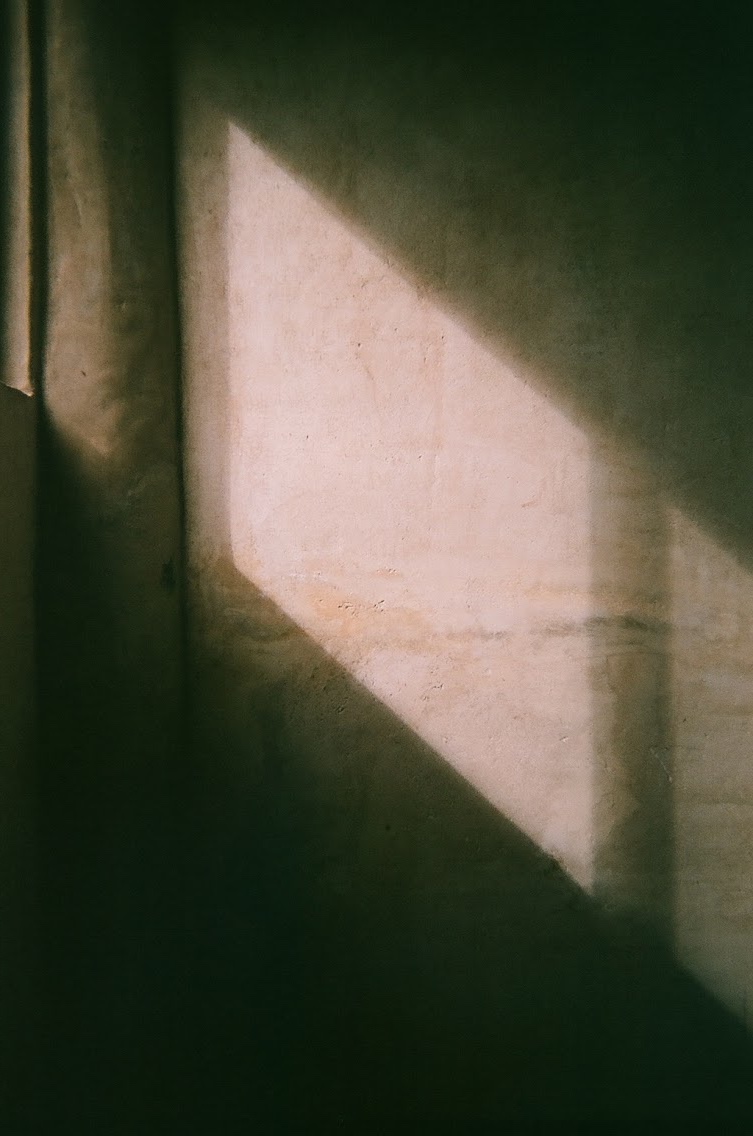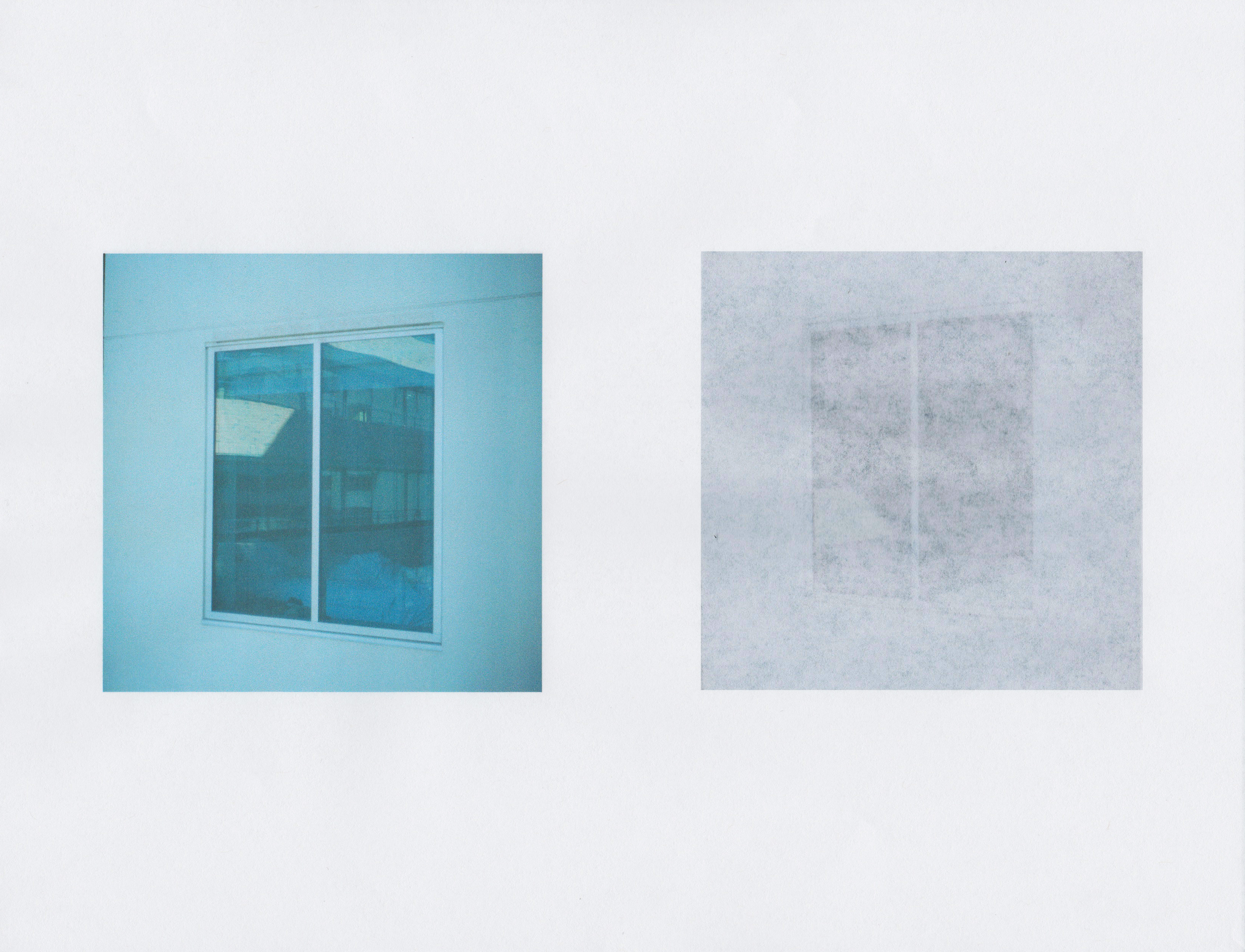e: j.e.peng[a]gmail.com

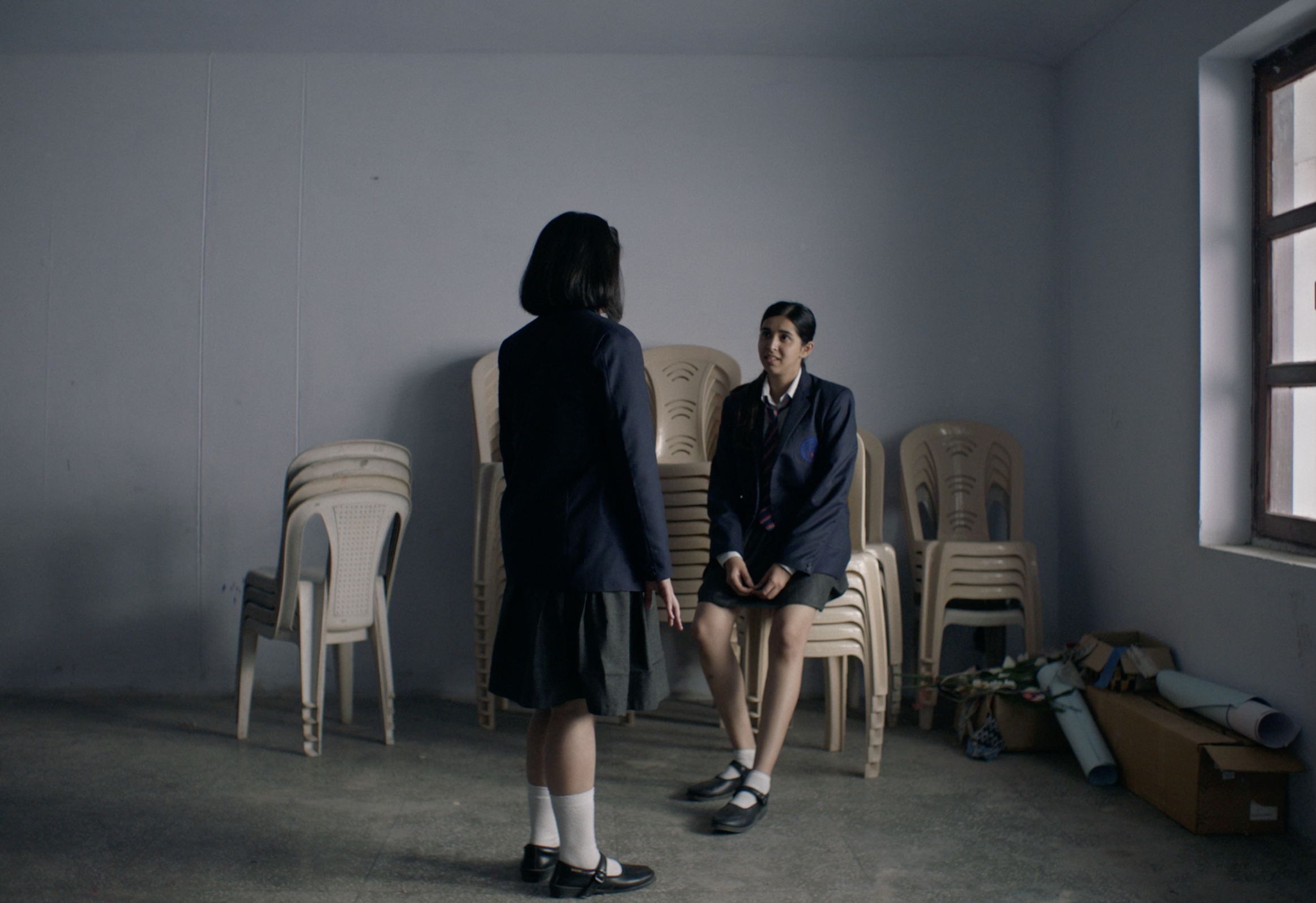
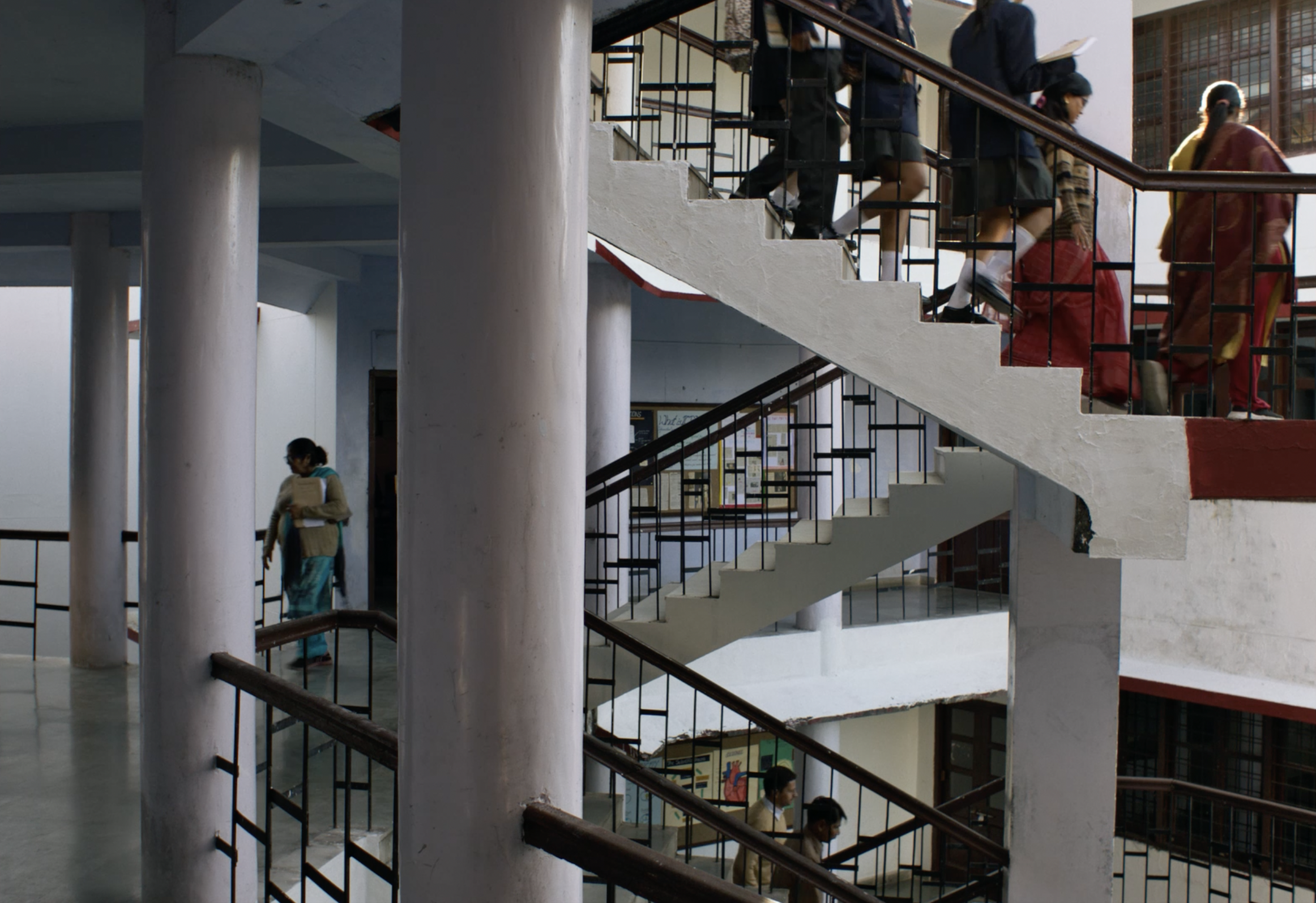


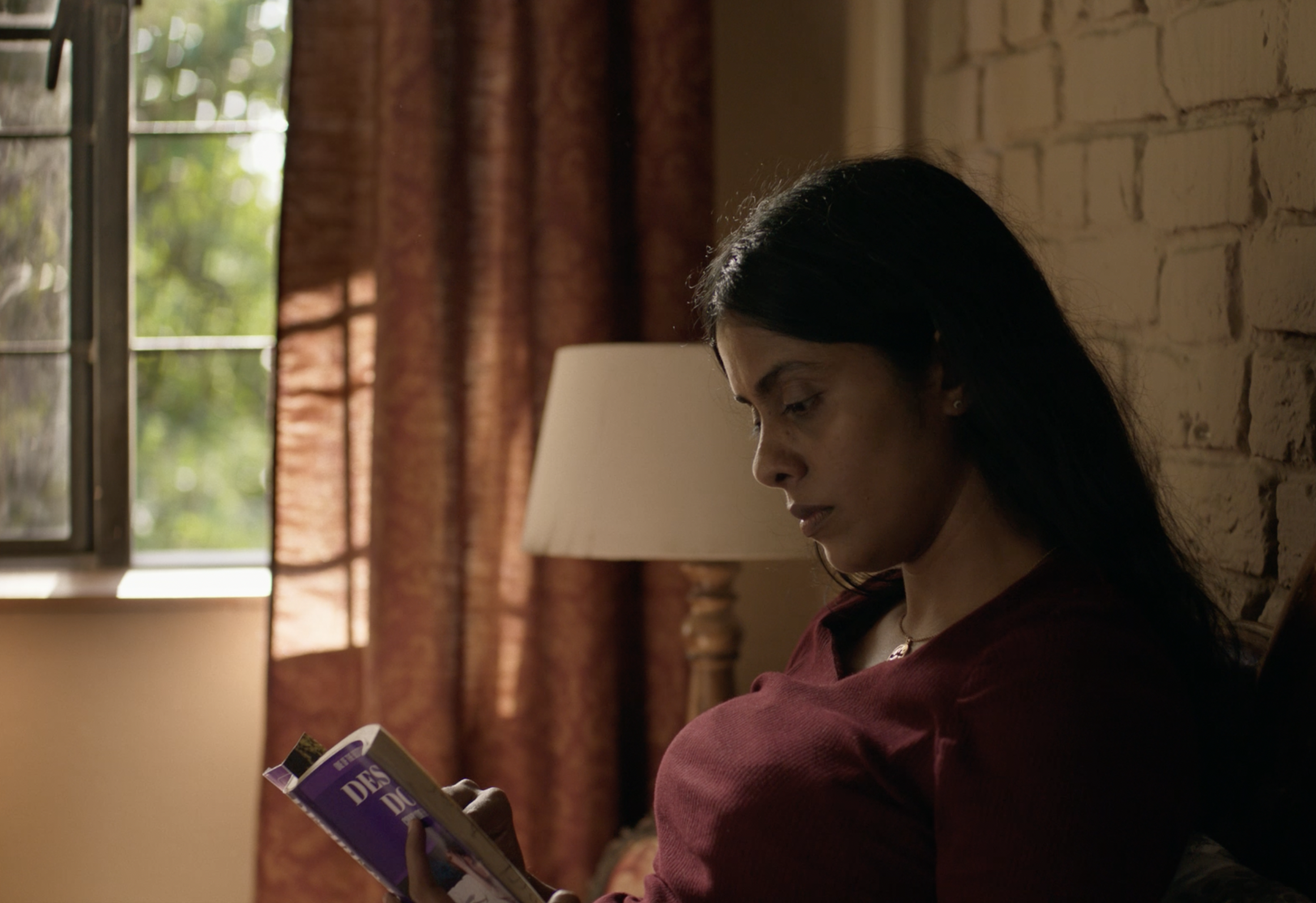


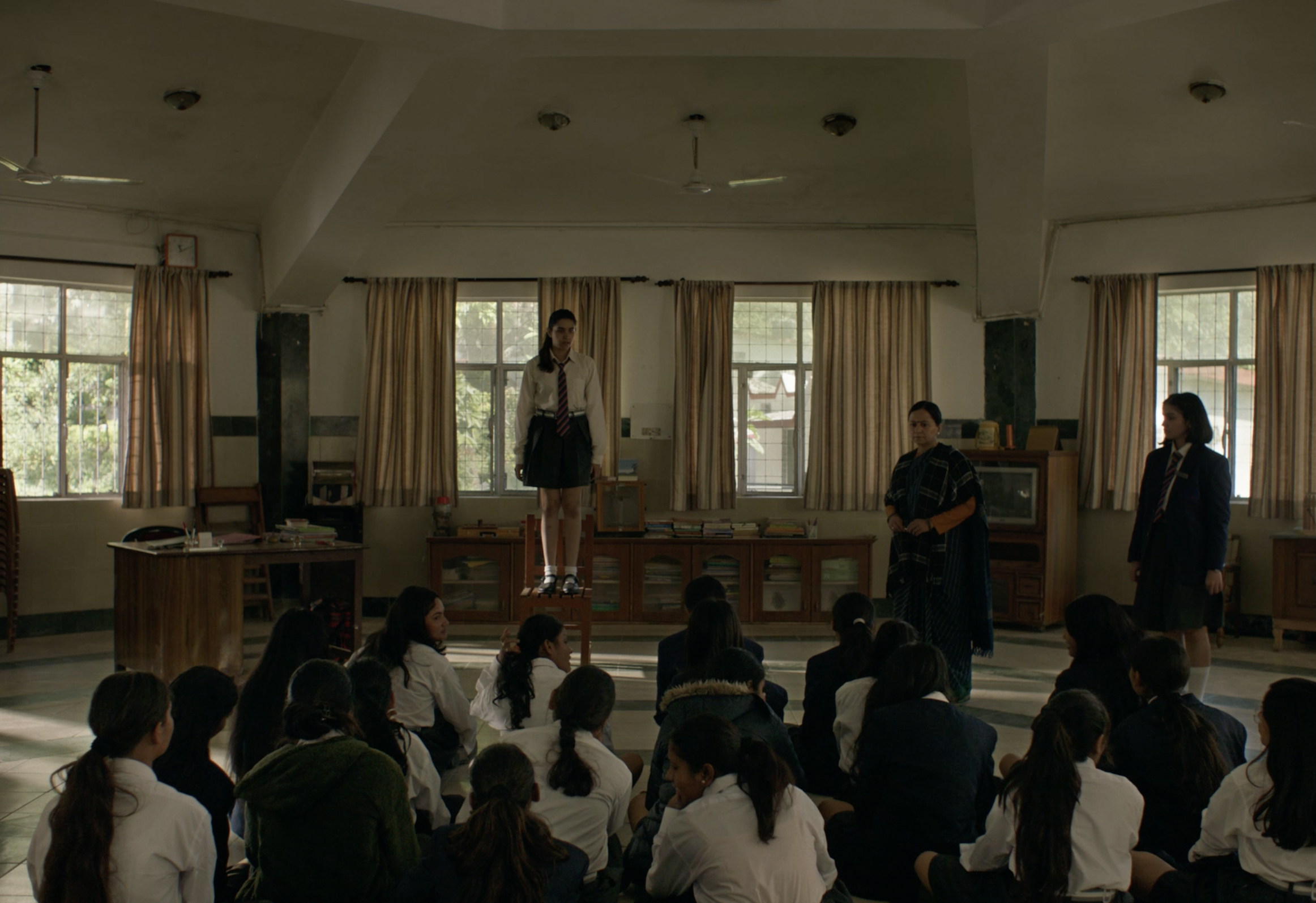
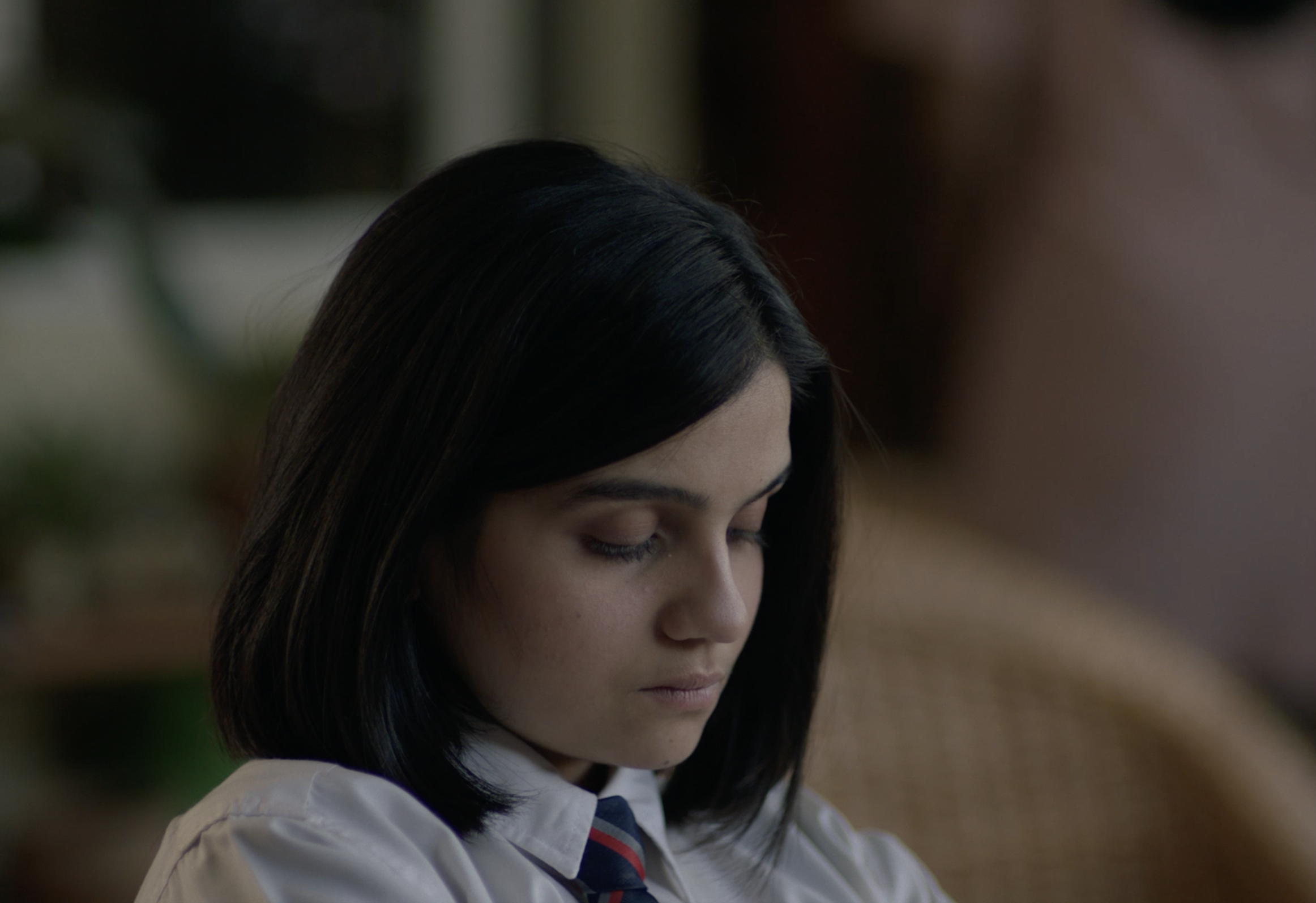

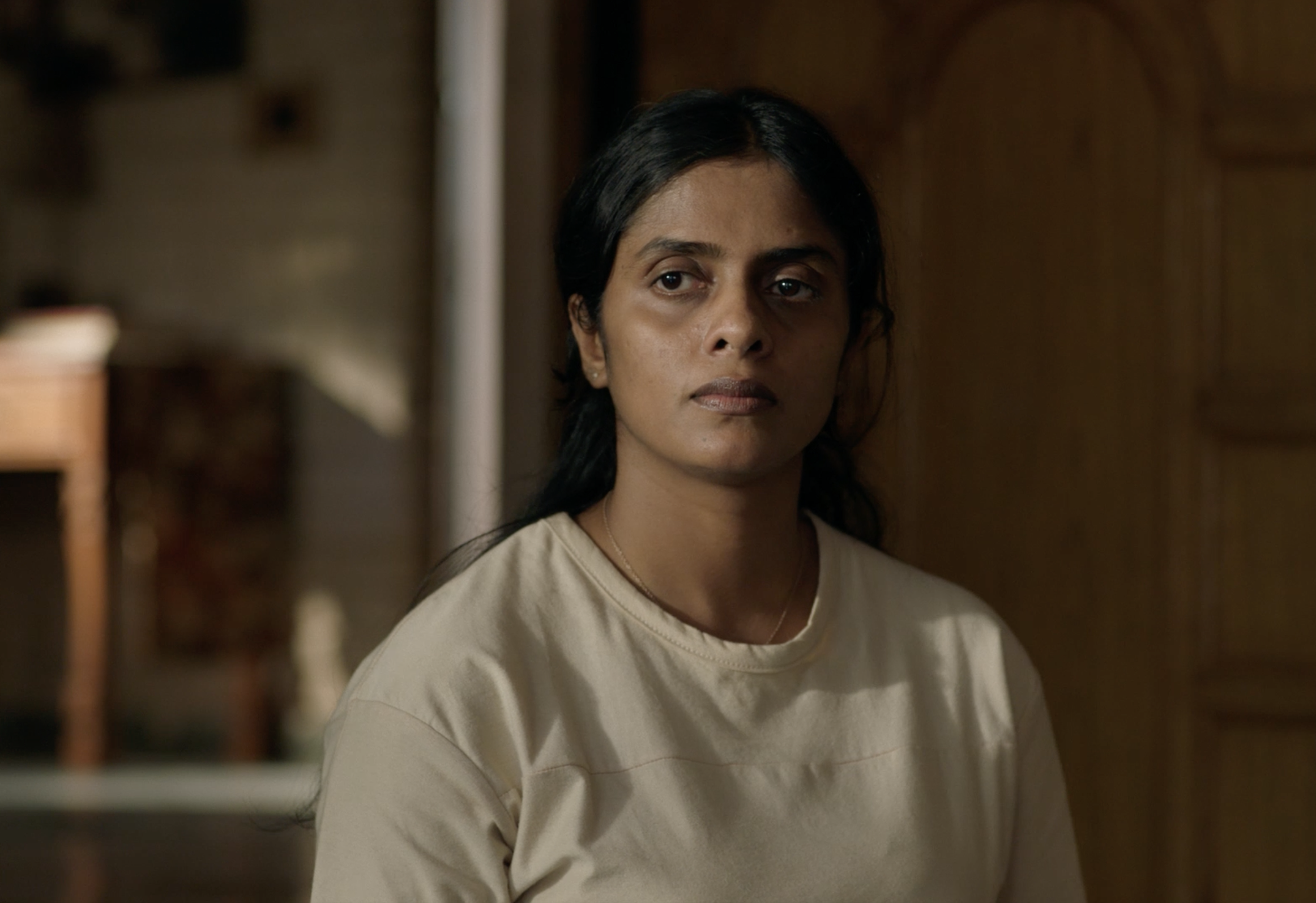


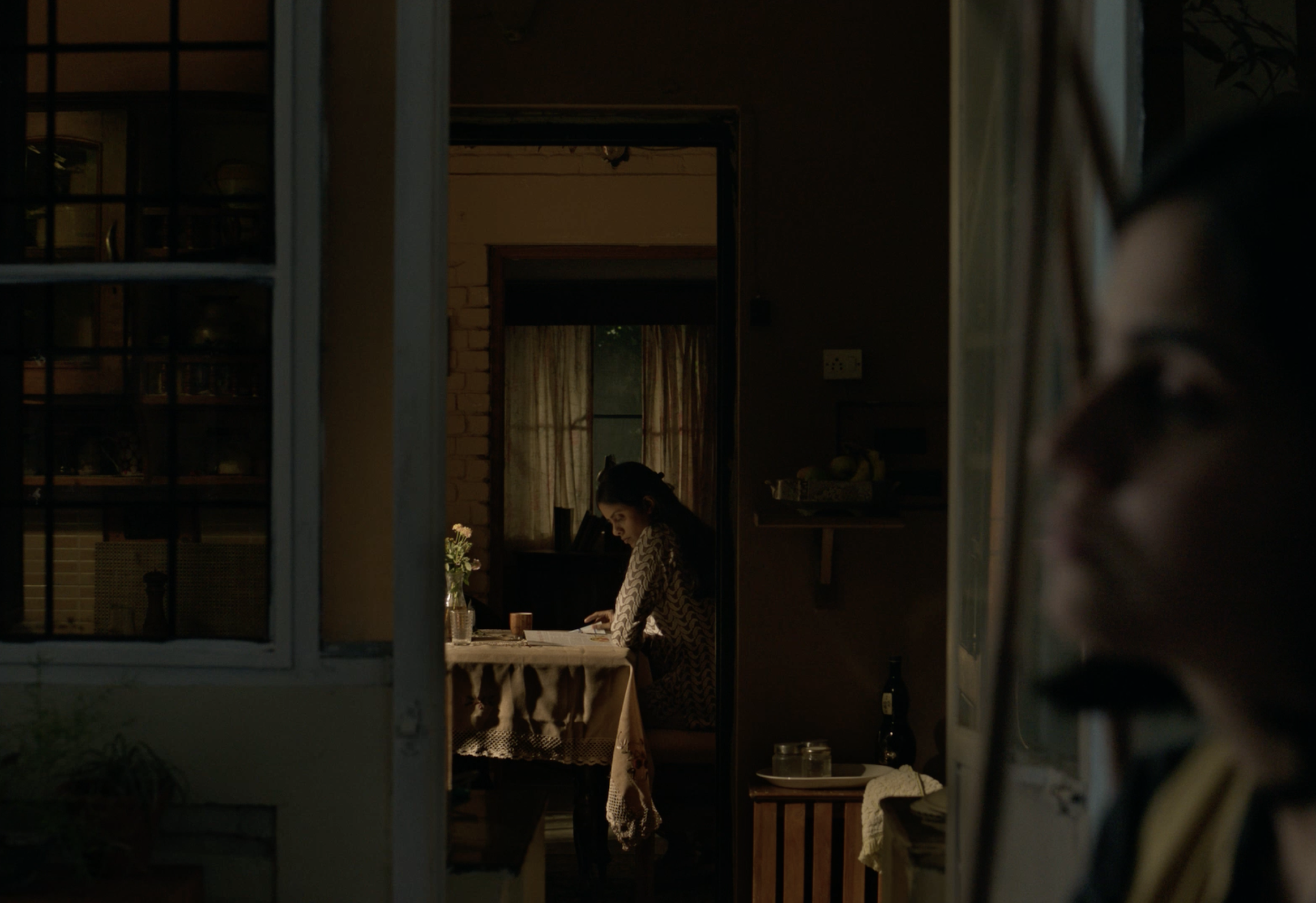

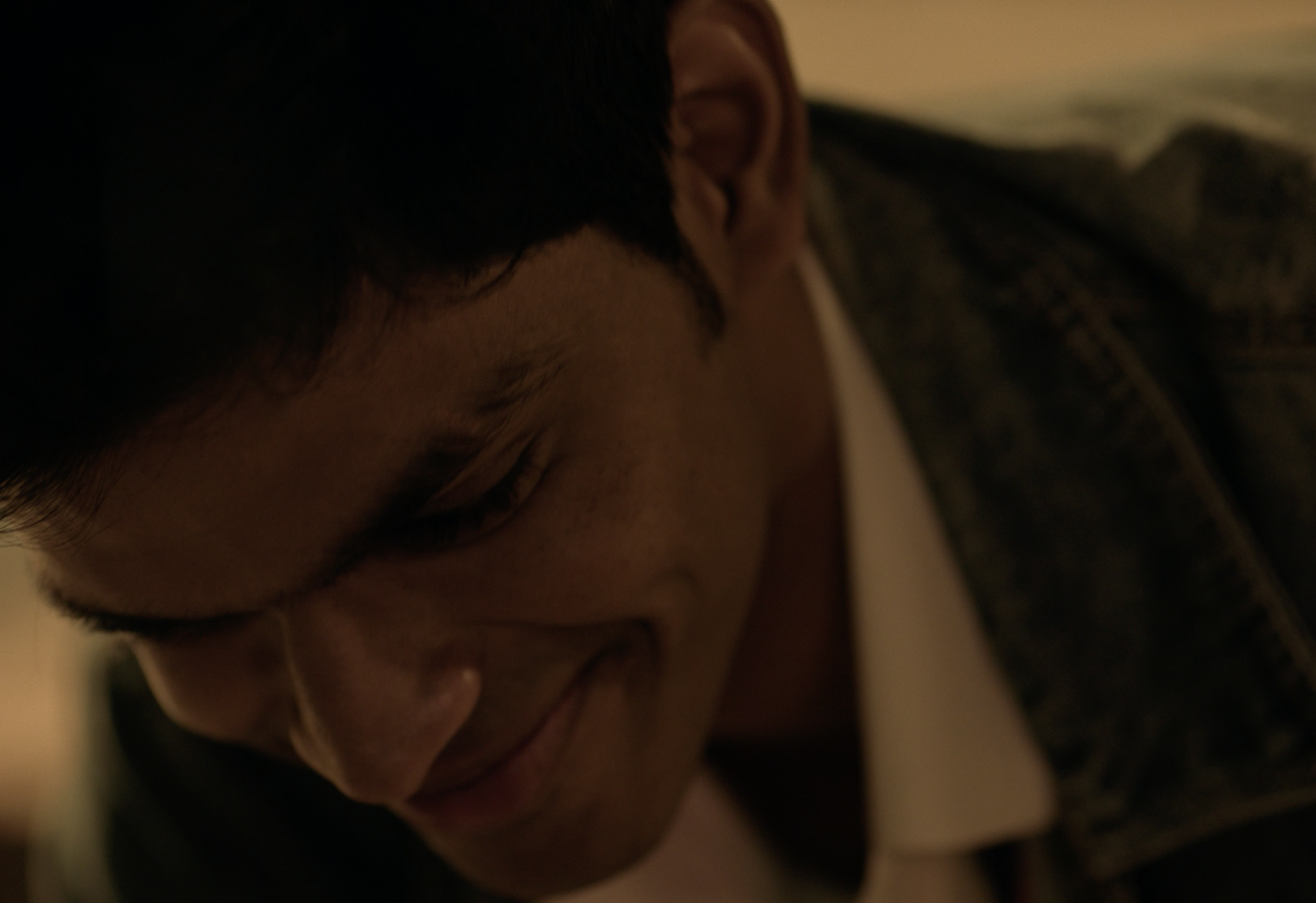
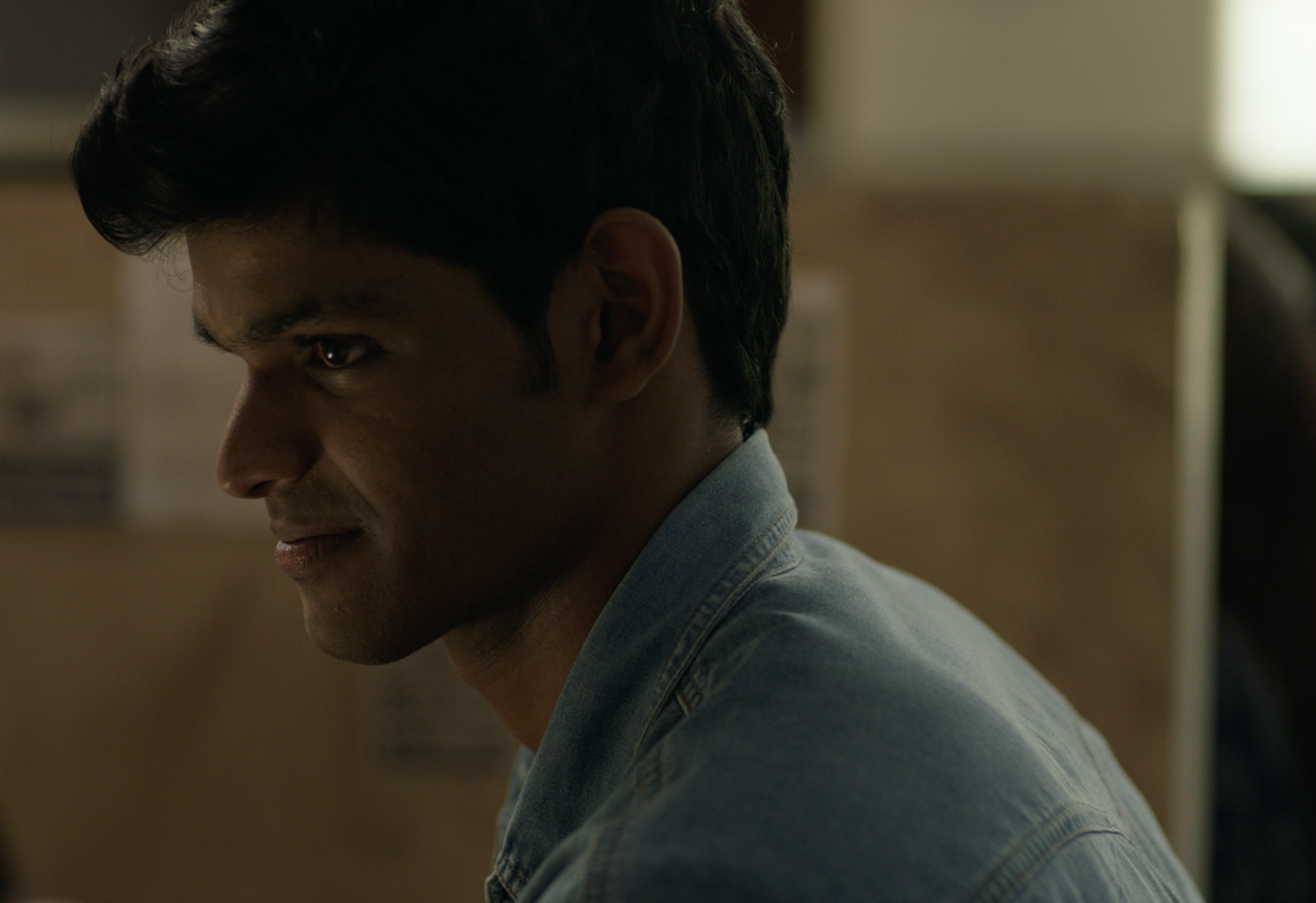
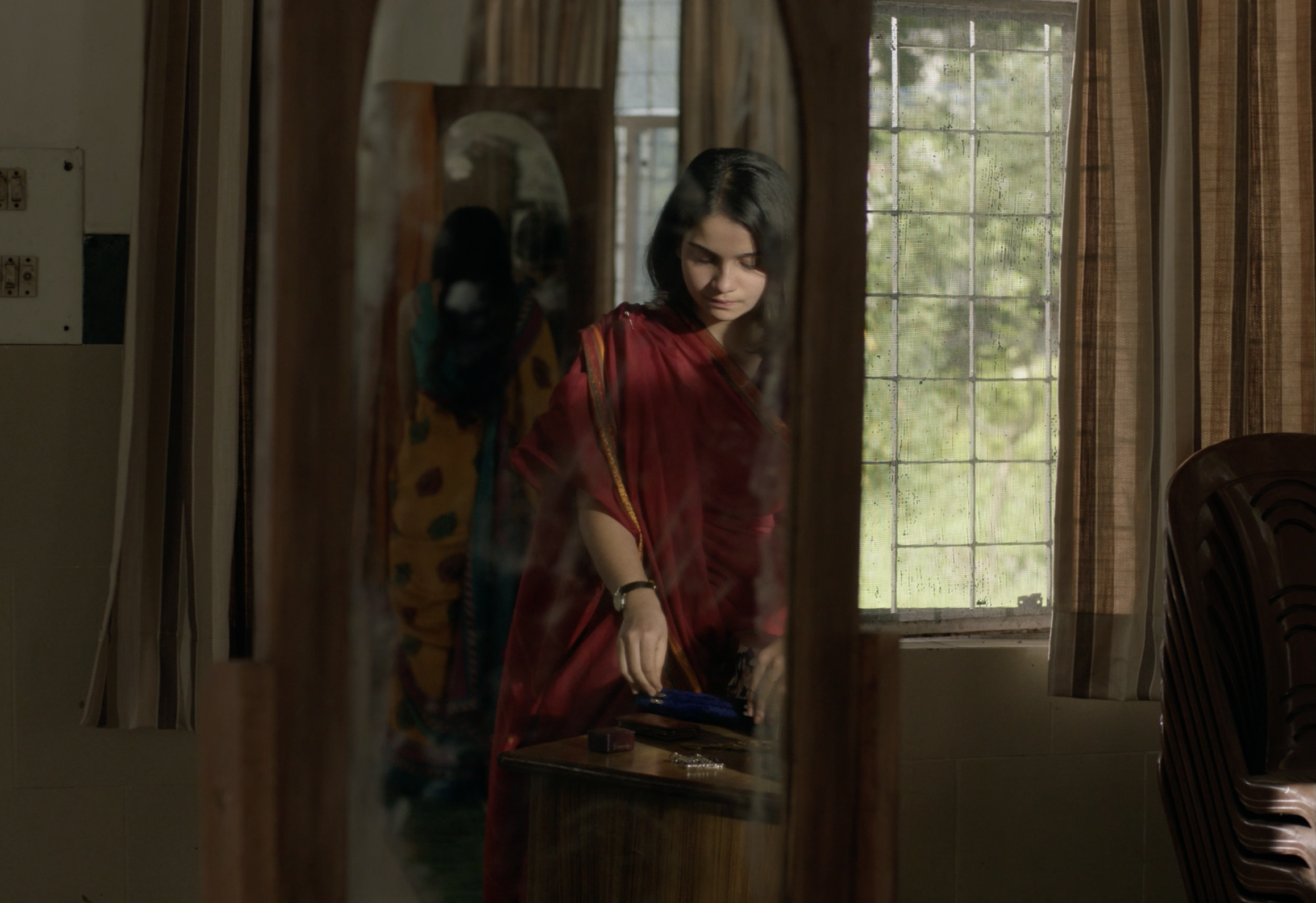
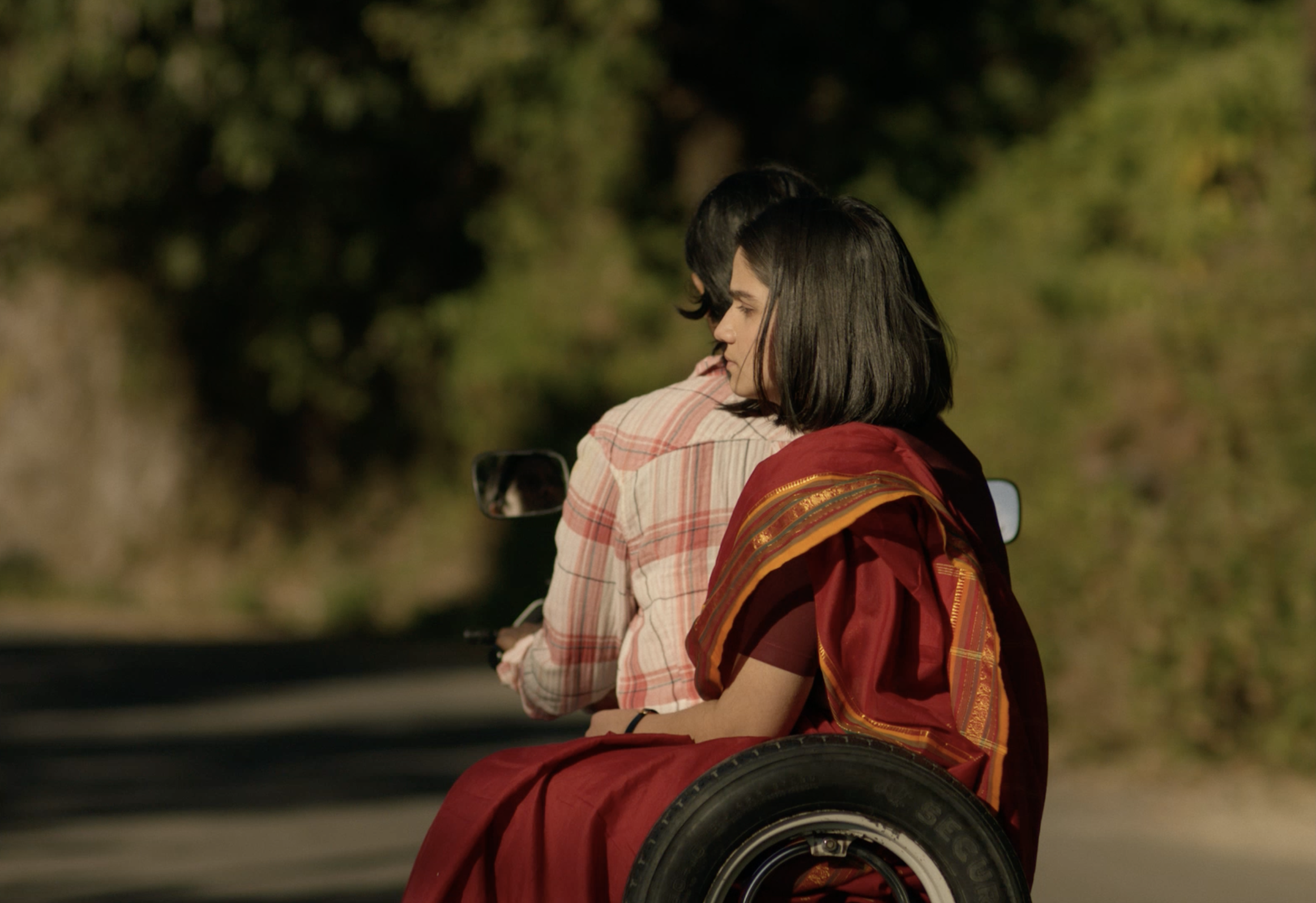
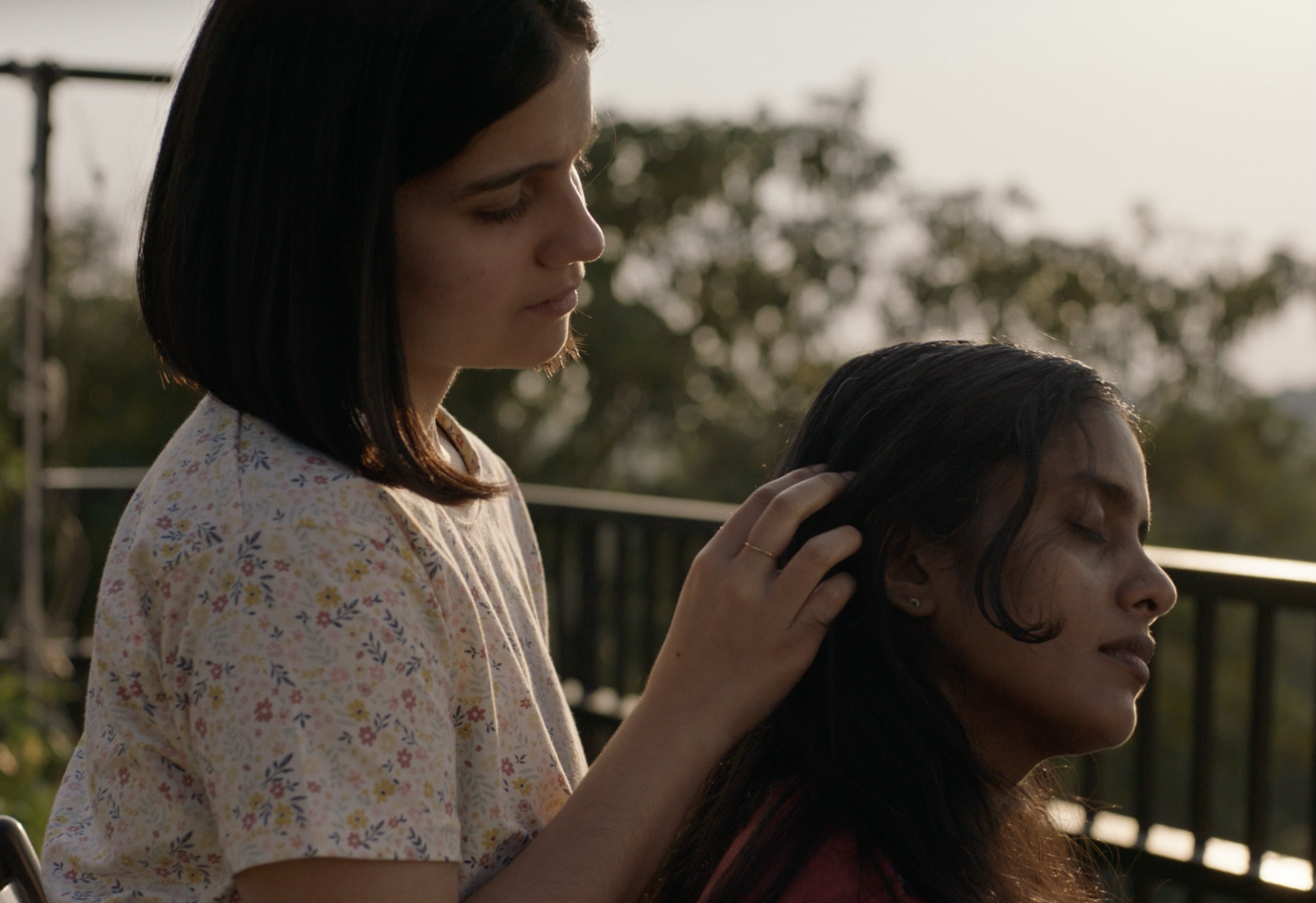
GIRLS WILL BE GIRLS
Sundance Film Festival 2024, Winner - Audience Award (Global Cinema)
In a strict boarding school nestled in the Himalayas, 16-year-old Mira discovers desire and romance. But her sexual, rebellious awakening is disrupted by her mother who never got to come of age herself.
Written and Directed by Shuchi Talati
Produced by Richa Chadha, Claire Chassagne, Shuchi Talati
Cinematography by Jih-E Peng
Cast: Preeti Panigrahi, Kani Kusruti, Kesav Binoy Kiron
Production Companies: Pushing Buttons Studio (India) and Dolce Vita Films (France) with Crawling Angel Films (India)
Executive Produced by Cinema Inutile, Blink Digital and Arte Cofinova 19
Sales: Luxbox
Interviews
Filmmaker Magazine “It’s Super Important to Me to Light Scenes, Not Shots”: DP Jih-E Peng on Girls Will Be Girls, Sundance Coverage
ARRI “Exploring the challenges and creative wins on “Girls Will Be Girls”
British Cinematographer “The future: BAFTA Breakthrough Jih-E Peng“
NüVoices “NüProfile: Jih-E Peng on cinematography and the creative process”
Reviews and Quotes
“The film’s wordlessness is expertly contextualized by Talati and cinematographer Jih-E Peng. Her thoughtful framing works in tandem with the performances — especially Panigrahi’s, which runs the gamut from despondency to joie de vivre — to create dynamic interior worlds that, although they exist in isolation from other people, are no less vivid. “Girls Will Be Girls” walks a complex tightrope, balancing the contrasting intentions of the characters with the overall narrative as its scattered pieces fall into place.” - Siddhant Adlakha, Variety
“With Talati's simmering script in the hands of the film's extraordinarily talented leads, director of photography Jih-E Peng uses elegant cinematography to amplify both the tension and tenderness between them… Girls Will Be Girls manages to gently but authentically explore the complexities of girlhood through excellent performances, a minimalist script that trusts its actors, and superb, close cinematography.” - Shannon Connellan, Mashable
“Taiwanese cinematographer Jih-E-Peng’s camera takes us places at once thrilling and disruptive, in moments so private, that one feels like an intruder. And yet at no point does her gaze turn voyeuristic. In fact, she shoots unhurriedly, capturing moments often ignored, with a dignity, a grace for the female body and experience unbeknownst to Hindi cinema. It’s breathtaking.” - Sneha Bengani, CNBC
“The tenderness of Shuchi’s gaze toward Mira and Anila is brought to the frame thanks to the film’s Taiwanese cinematographer Jih-E-Peng. When Mira looks at her naked body in a mirror, practices kissing, or talks on the phone at night, these moments don’t feel blasphemous, shocking, or manipulative because of the matter-of-factness with which they’re shot. It’s a beautiful and skilled coming together of craft and impression.” - Sucharita Tyagi
“Cinematographer Jih-E Peng masterfully utilises the corners and doors of the house to intensify the feeling of competition between the different parties. From the day Sri is welcomed into Anila’s home, the space becomes a foreign battleground where the separation between the characters is often mirrored in how they are framed within shots.” - Rebecca Rosén, Flip Screen
“That’s not to say Talati isn’t intimately interested in the sweet, nervous romance between Mira and Sri. Jih-E Peng‘s camera is as inspired by the tiny moments of hands brushing against each other or the soft intake of breath at a kiss as it is the majestic mountainous backdrop.” - Kevin Ibbotson-Wight, The Wee Review
“The rich colors, stunning landscape and intimate, close-and-cramped frames filled by Talati and cinematographer Jih-E Peng evoke the intensity of a high school crush long before we understand the complex chemistry between goodie-goodie prefect Mira (Preeti Panigrahi) and worldly new kid Sri (Kesav Binoy Kiron).” - Jacob Oller, PASTE Magazine
“All of this is bolstered by Talati’s outstanding production team, who craft an intimate and immersive narrative from start to finish. Mira and Sri’s developing relationship is told through gasp-worthy shots of their tentatively touching hands and strategic closeups that deliver all the emotional weight behind a physical relationship.” - Proma Khosla, Indiewire
“Through its tender storytelling, complex characters, and intimate, tactile camerawork, Talati’s impressive debut feature manages to make all of these unspoken elements ring out loud and clear.” - Ross McIndoe, Slant Magazine
“A lot of the film’s beauty also lies in the deft cinematography and visual nous of Jih-E Peng: low-angle shots of Panigrahi observing her surroundings are deployed to underscore Mira’s perceptiveness, and the over-the-shoulder, as well as close-up shots, depict the competition between Anila and Mira: the disco scene paints a vivid picture with few words.” - Jerry Chiemeke, Afrocritik
“Instead, it’s a hyper-close portrait—visually translated in her atypical 4:3 screen view—of how gender oppression is experienced generationally from a mother to her only daughter.” - Shahamat Uddin, Vogue
“This complicated relationship between a mother who wants to regain her youth and a daughter who craves independence is surprisingly cozy (the 4:3 aspect ratio helps). Its sensitive storytelling and warm cinematography are reminiscent of an adolescent memory come to life, with a strong focus on female empowerment at its core.“ - Sandra Woolf, Seattle International Film Festival
“From the opening scene, the static camera shows Talati’s mature formalist approach, a sign of an assured directorial voice that is rarely seen in a director’s first feature. The controlled cinematography is also a testament to the craft of Taiwanese cinematographer Jih-E Peng. Her compositional awareness was really a highlight of the film for me, as it creates the meditative atmosphere that persists through the entire runtime.” - Noah Bridle, D&CFilm UK
“The 4:3 aspect ratio allows the viewer to follow Mira’s gaze and also situates her in a world where she is negotiating the strictures of girlhood. In some scenes Talati and Taiwanese cinematographer Jih-E Peng place Mira’s face in the corner of the frame, use mirrors, and room layouts that have sight lines to heighten what is within her field of vision and what isn’t.” - Rida Bilgrami, Something Curated
“It’s all strung together in marvellously nuanced and sensitive style, with cinematographer Jih-E Peng’s intimate, yet not too obtrusive lensing presenting a loving, empathetic view of a difficult and confusing time.” - Emma Simmonds, The List
“Girls Will Be Girls is a stunning hand-crafted debut by writer/director Shuchi Talati. Imbued with Pierre Oberkampf’s sombre, introspective score, and Jih-E Peng’s attentive, lingering frames, the film does what most Hindi films/web series often fail to do; see teenagers in all their incompleteness. The journey might have been long and arduous, but Bollywood’s Young Adult has finally come of age.“ - Tatsam Mukherjee, The Wire
